Shubat: properties, recipes and tips for eating

Shubat is a lactic acid drink that has a slight alcoholic effect on the human body. Made from sour camel milk. Shubat is traditionally considered the national drink of such peoples as Kazakhs and Turkmens. It is used mainly in the summer.
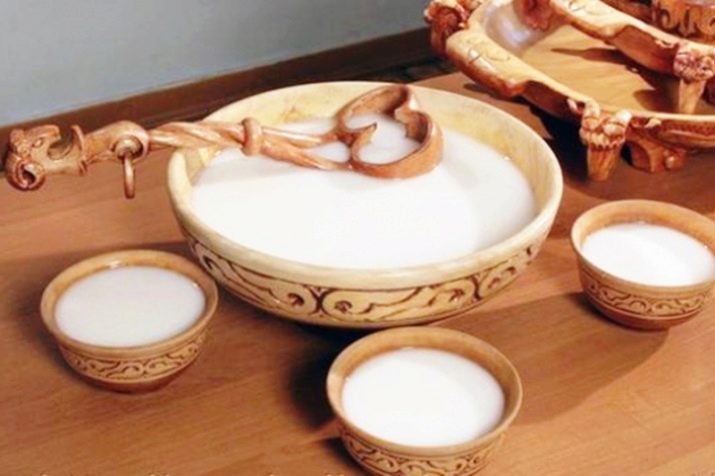
Benefits and contraindications
The popularity of this fermented milk product is largely due to the presence of a huge amount of vitamins vital for the human body, as well as its incredible healing properties. Due to the fact that the camel has to go without water and food for a long time, the composition of the milk it produces is a source of nutrients that help the animal survive in a difficult environment. The rich chemical composition helps to cope with hunger and thirst.

Consider the beneficial properties of regular use of shubat.
The fermented milk product is rich in protein, vitamin B12, calcium, riboflavin and pantothenic acid. The presence of these nutrients in the composition of the drink transfers it to the category of nutrients that can replace a full meal. Despite the fact that cow's milk is available in all corners of the planet, camel's milk is mainly consumed in the countries of the Middle East and North Africa.
The presence of gamma-aminobutyric acid in camel milk helps to reduce the number of neuronal cells in the cerebral cortex. In other words, the use of shubat has a relaxing effect on the human body, makes it easier to fall asleep and relieves anxiety. Camel milk contains unique proteins. Researchers note that in one glass of this drink there are about two hundred proteins that have an antioxidant, anti-infectious, anti-thrombotic character.
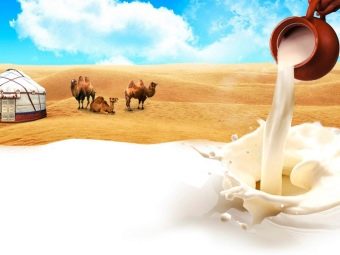

For people suffering from first-degree diabetes mellitus, shubat is recommended as a prophylactic to control normal blood glucose levels.
Many medical studies have shown that regular use of shubat reduced the need for insulin injections in more than half of the subjects. People suffering from an allergic reaction to cow's and goat's milk can find a substitute in camel's milk or shubat. The fact is that two substances are responsible for the resulting allergy - this is beta-lactoglobulin and casein. They are contained in the composition of cow's milk familiar to us and are absent in camel's milk. Another nice bonus is the fact that shubat can be consumed by people with acute lactose intolerance. In accordance with medical studies, when drinking a fermented milk product, no unpleasant reactions were observed in the human body.
In addition to being an excellent alternative to cow's milk for people with intolerances and allergic reactions to dairy products, shubat helps to treat diseases caused by severe food allergies. The fact is that some people experience specific symptoms after each meal, namely: vomiting, diarrhea, skin rashes and asthma. However, after the use of shubat, one could observe a positive trend in this problem. A day later, most of the symptoms disappeared. And after a two-week course, patients felt much better, and their stomach was able to digest the food that it had previously been unable to consume.

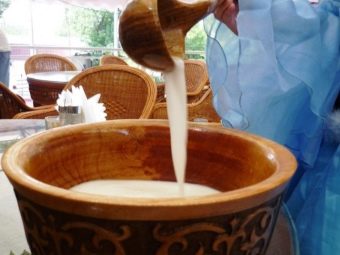
But the main advantage of regular consumption of this fermented milk drink is the preservation of a healthy cardiovascular system. This is especially true for people who are unable to refuse the use of fatty and cholesterol-rich foods. Introducing shubat into your diet will significantly reduce the risk of heart attacks or strokes. A monounsaturated fat called oleic acid helps keep your heart healthy. Thanks to it, the walls of blood vessels remain elastic. And the presence of protective enzymes in the composition can have an antibacterial effect on the human body, which allows you to increase the protective functions of the body.
The fermented milk product is a kind of weapon in the fight against E. coli and salmonella. There have been cases when the drink helped prevent the further development of Staphylococcus aureus, which are extremely dangerous bacteria for the human body.
Self-cooked at home, shubat contains a large number of various antibodies that can protect and prevent the development of rotavirus infection, which is a serious viral disease that manifests itself in the frequent occurrence of diarrhea.

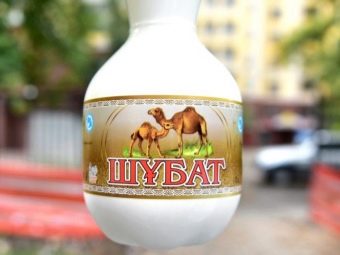
The answer to the question of the occurrence of autistic disorder has not been found to date. But some of the factors that cause it have been discovered. Among them are genetics, environment, immune function, composition of chemical elements in the cerebral cortex, as well as oxidative stress. The excess number of free radicals over the antioxidant capacity does not allow cells to perform their functions normally. In hopes of helping a child suffering from autism less oxidative stress, the researchers gave him shubat. The study revealed a significant improvement in health in forty percent of the children tested. And only five percent have a complete deliverance from this disorder.
As a rule, this product is not recommended for people who are allergic to camel milk. It will only harm them. In addition, it is worth noting that shubat is a rather high-calorie drink, therefore, it is not suitable for introducing into the diet of a person struggling with extra pounds, especially those suffering from obesity. And also this product is not suitable for a person with an extremely sensitive microflora of the gastrointestinal tract, this can provoke complications in the work of the intestines.
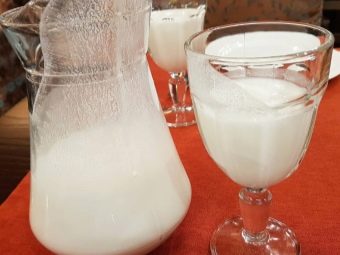

Purchased or homemade?
Even a novice cook can cope with the preparation of shubat, since the manufacturing technology is very similar to making homemade kefir. The only difficulty may be the acquisition of raw materials, in this case, raw camel milk. For Kazakhs, shubat is a national and affordable product. You can meet him in the dairy products section of any supermarket.On the territory of Russia, koumiss is more common, which is made from mare's, cow's and even goat's milk.
Sometimes you can find this fermented milk product in one of the restaurants specializing in national cuisines. In most cases, such a drink goes through the fermentation process. In this regard, shubat loses its effervescence and sourness. The consistency becomes quite thick in comparison with mare's koumiss. But still does not reach the density of cow's milk. However, it has a characteristic milky aftertaste.

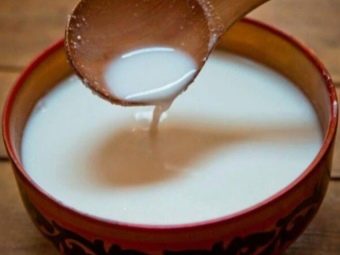
Shubat, which is offered to us by supermarkets, is, on the contrary, more fermented than the restaurant counterpart. This is due to the fact that the contents in the bottle need to retain their useful qualities for a longer time. The shelf life, respectively, is also much higher than the home product. Store-bought shubat tastes like highly carbonated lemonade, which has a fizzy and spicy taste.
When purchasing shubat, it is recommended to be interested in the expiration date of the product. Often, manufacturers indicate a rather generous shelf life - up to two months. Indeed, it is very convenient to purchase a product that can be used for a long time as needed.
However, according to many reviews, regardless of the brand, store-bought shubat has a rather pronounced laxative effect.
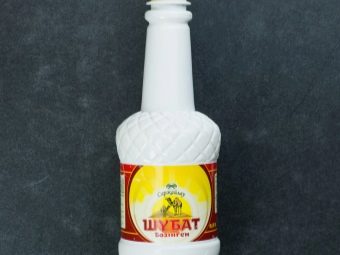

Cooking at home
The process of self-preparation of this fermented milk product at home is quite simple, for this you only need to strictly follow the recipe below.To get five hundred grams, you will need to acquire: eight grams of powdered milk with a low percentage of fat content, five hundred grams of raw camel milk, kefir grains or special sourdough.
So, mix powdered milk with one fourth of camel milk in a container convenient for you and mix it carefully with a teaspoon. Then pour the resulting mixture into another bowl and add the remaining camel milk and kefir grains to it. Next, the mixture must be covered with a piece of natural fabric or gauze. Set aside in a warm place for twenty-four hours. Make sure there is no draft in the room.
The temperature regime should be stable, no temperature drops should be observed. Thoroughly stir the resulting mixture after every four hours.
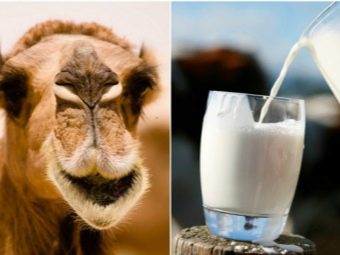
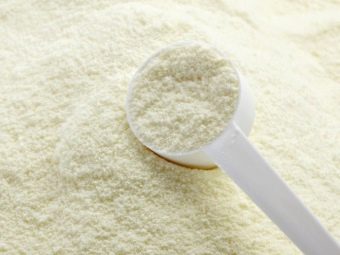
Due to the fact that this fermented milk drink practically does not change its consistency during preparation, it is rather difficult to determine its readiness. The only visual signal to continue cooking is the formation of the thinnest colorless liquid at the bottom of the container. Next, you will need a small metal strainer or gauze napkin folded in several layers.
It is advisable to filter the fermented milk drink immediately into the container in which it will be stored. So, using a metal strainer or gauze, strain the liquid obtained earlier. At the end of the process, close the container and shake it vigorously. Then place the finished shubat in the refrigerator.
It is permissible to store the drink for no more than five to seven days. It is desirable to consume it cold, as shubat has a slight refreshing effect.Kefir grains, which were used in the recipe, can be used for further preparation of the Kazakh fermented milk drink.
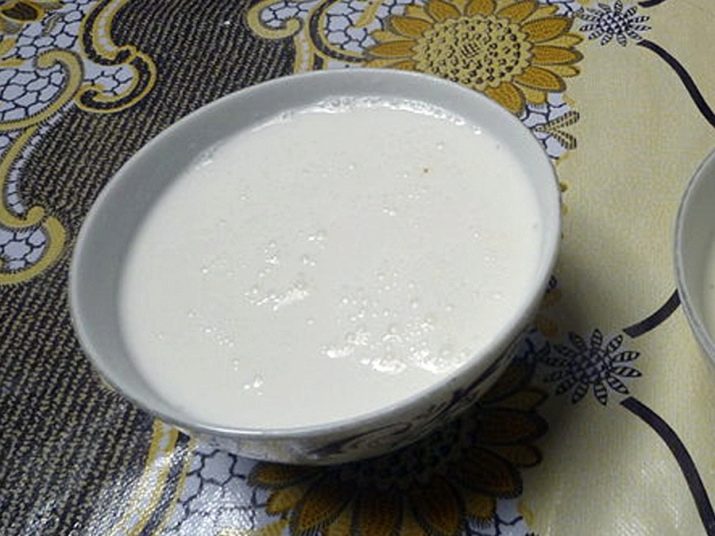
It is worth noting that the benefits of this fermented milk drink directly depend on the individual characteristics of a particular camel, its living conditions and the food consumed. The chemical composition of cow and camel milk is indeed very similar. However, the consistency of cow products is still thicker. The great popularity of the camel and its milk in the Middle East is due primarily to large milk yields, especially in hot climates.
Camel milk is used as a folk remedy for many diseases. It is often used by chefs to give the dish a more delicate and delicate taste. In the cosmetology field, the fermented milk product also managed to find its fans. As a rule, this drink is used to slow down the aging process of the skin.
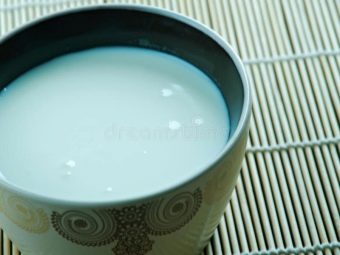

See the following video for the intricacies of shubat production.

















